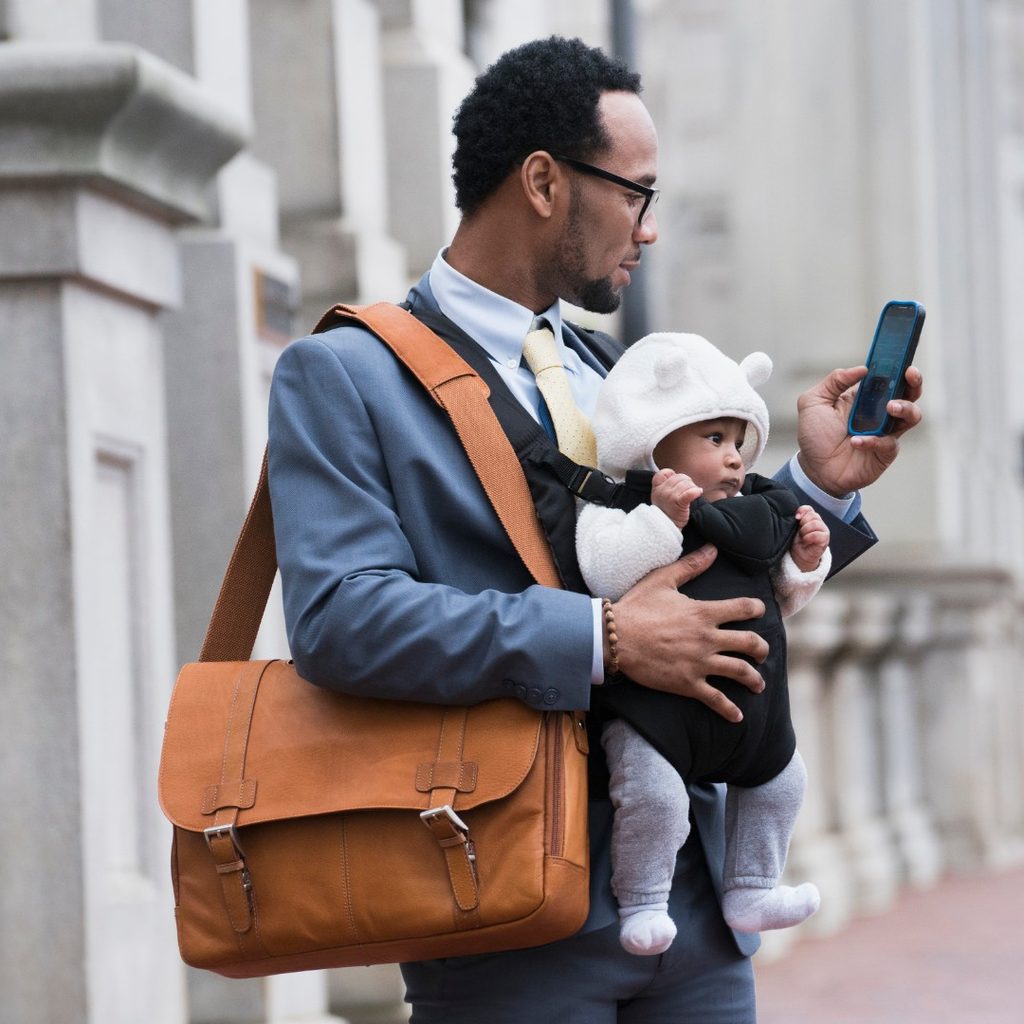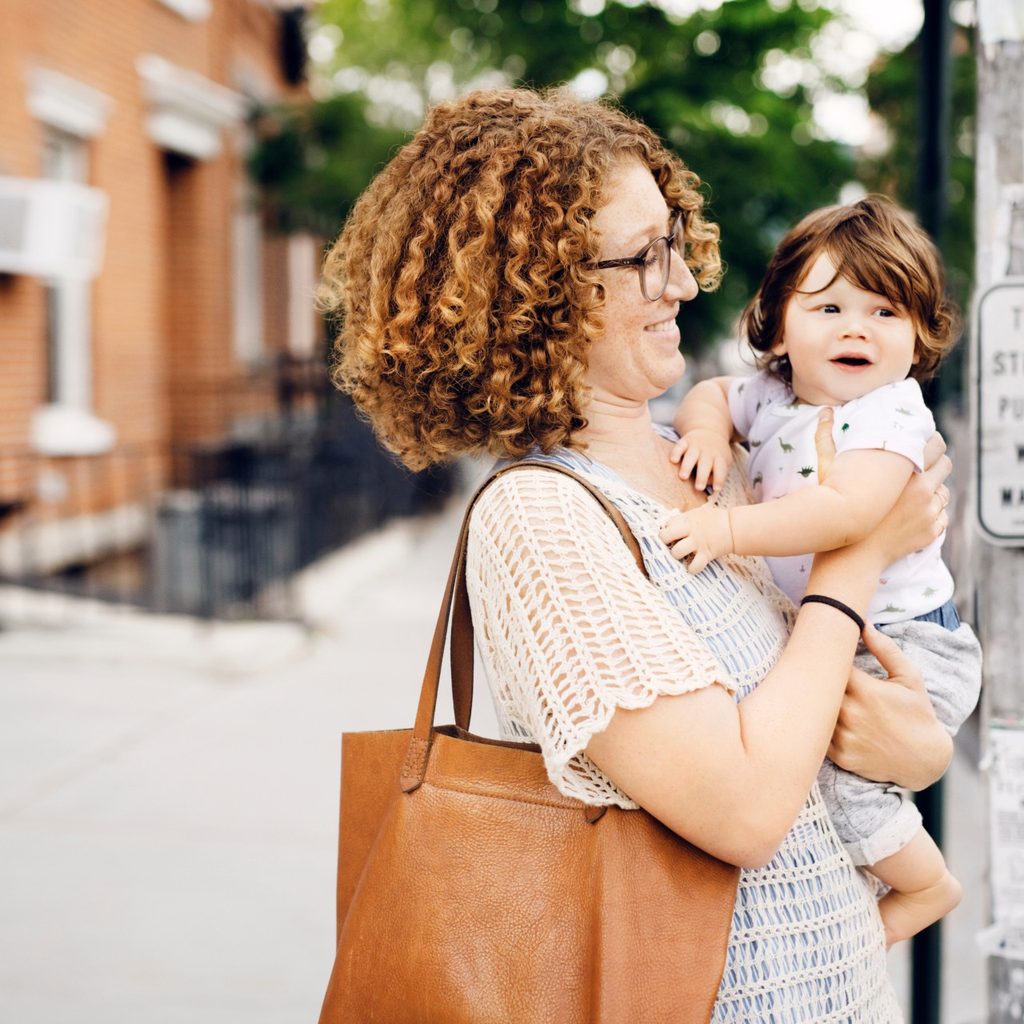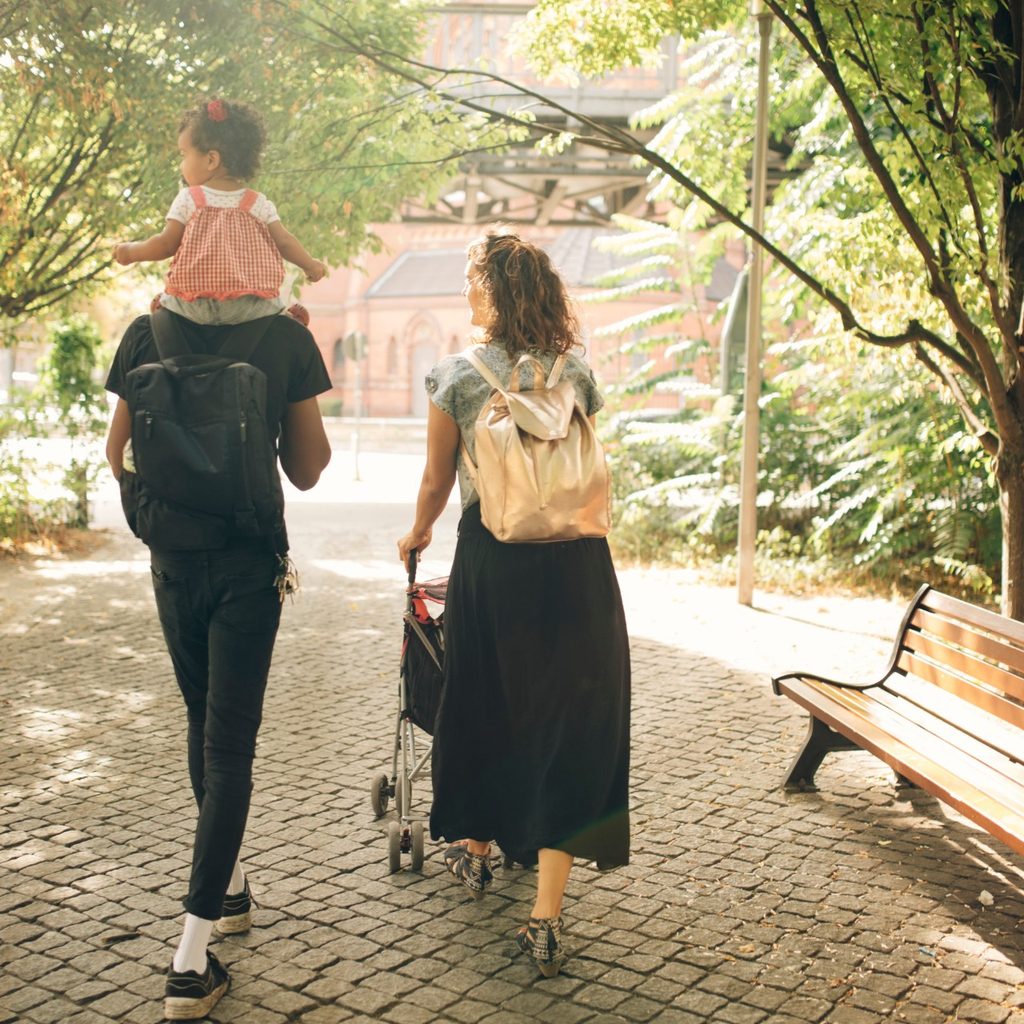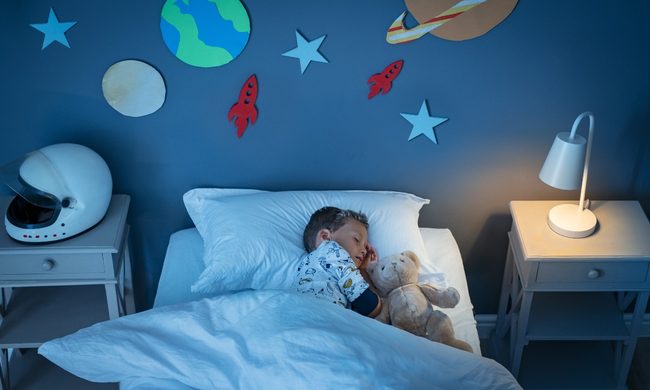From newborn through your child’s first few years, you’ll need to be extra diligent with your little one’s basic hygiene, which means there are several items you’ll have to keep with you at all times. It’s understandable. When a child isn’t even walking yet, how can they be expected to clip their own nails and brush their own hair?
So the task falls to you, beloved parent, to keep your baby freshly groomed and clean. Make this task easier when you have a handy baby hygiene kit with the necessary tools. Keep reading and we’ll tell you the top items to have in your kit.

1. Nail clippers and files
Babies’ nails actually grow quickly, and even during the first few months, they might already need an appointment at your home nail salon! Use baby nail scissors with blunt tips to avoid accidental cuts. Fortunately, their nails are soft enough that these dull tools will work. There are also baby-sized nail clippers with large, rounded grips that help you cut more precisely. Some nail clippers are built with magnifying glasses or LED lights if you’re particularly nervous about your baby’s first cut.
You’ll also want to keep a few nail files in their baby hygiene kit. These help soften sharp edges and help avoid scratches.
2. Baby hair clippers
We know you might want to postpone your baby’s first haircut as long as possible, but when the time comes, you’ll be ready with the right tools. Electric hair clippers are convenient because they give you neat, even cuts, especially if your little one is fussy in the barber’s chair. You can also use these when your baby is asleep since companies produce extra quiet motors designed for light sleepers and children with sensory sensitivities.
Another option is going for scissors with guiding combs to help you get the right length. Some brands offer gel inserts to keep your hands comfortable during the haircut.
3. Baby combs and brushes
Brushing your baby’s hair regularly helps keep it tangle-free and neat, especially if your infant has a full head of hair. Soft brushes are also helpful for clearing cradle cap or dandruff.
Keep in mind that brushes and combs with wooden handles may be more durable than plastic products. For infants with sensitive scalps, choose brushes with silicone bristles rather than wood or hard plastic.

4. Oral care items
One big part of baby hygiene that’s often overlooked is oral care. This may be reserved for babies 3 months old and above, but it’s important to get them used to oral care as early as possible. To start, consider a silicone finger toothbrush for infants. Choose silicone, BPA-free brushes with soft ridges to clean your baby’s gums.
When they’re a little older and can hold their own toothbrush, they’ll need brushes with wide handles and small heads. These should be easy to hold and have a short neck to accommodate your baby’s size. You may try a baby-safe tooth gel or paste if they’re ready, but warm water also works fine.
5. Nasal aspirator
Babies are still figuring out how to blow their noses, so for the first few years, you’ll be helping them get rid of snot and nose dirt with a nasal aspirator. These are especially important for little ones with allergies and overactive sinuses or babies who constantly get sick.
Handheld nasal syringes with a thin neck and wide bulb are good for boogies and thick snot. These are easy to clean and use, and hospital-grade models are widely available. For more serious snotty situations, try an automatic, battery-powered aspirator. These often have changeable nose tips to accommodate different size nostrils. Automatic aspirators for babies are gentle, and some find that these suck out dirt more quickly than handheld products.
6. Medicine dispenser
For hygienic reasons, you shouldn’t share medicine dispensers. Your baby should have their own dispenser for liquid medication or supplements. Most baby dispensers feature a syringe shape made of food-grade silica or silicone. For younger babies, nipple dispensers may be the best option, as they’re more comfortable than their thin-tipped counterparts.
However, thin dispensers are easier to insert into babies’ mouths when the medicine needs to go into their cheek pocket.

Your baby’s first hygiene kit should consist of a handful of crucial items, like nail clippers, hairbrushes, and nasal aspirators. These items keep your baby clean and fresh, but when you’re shopping around consider products that are easy for you to use so you can carry out the task effectively. Start with our baby hygiene kit and work your way to other tools as your little one grows.


